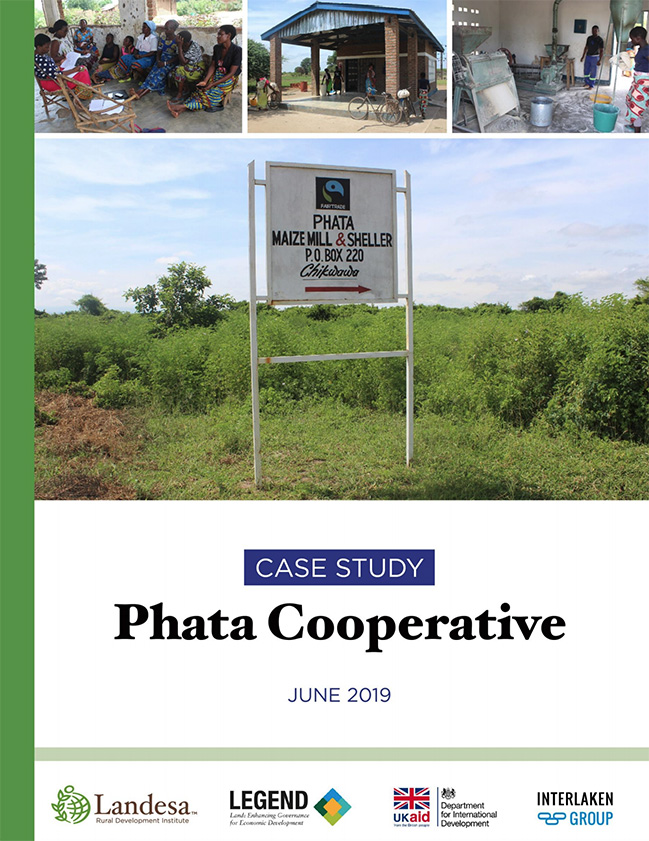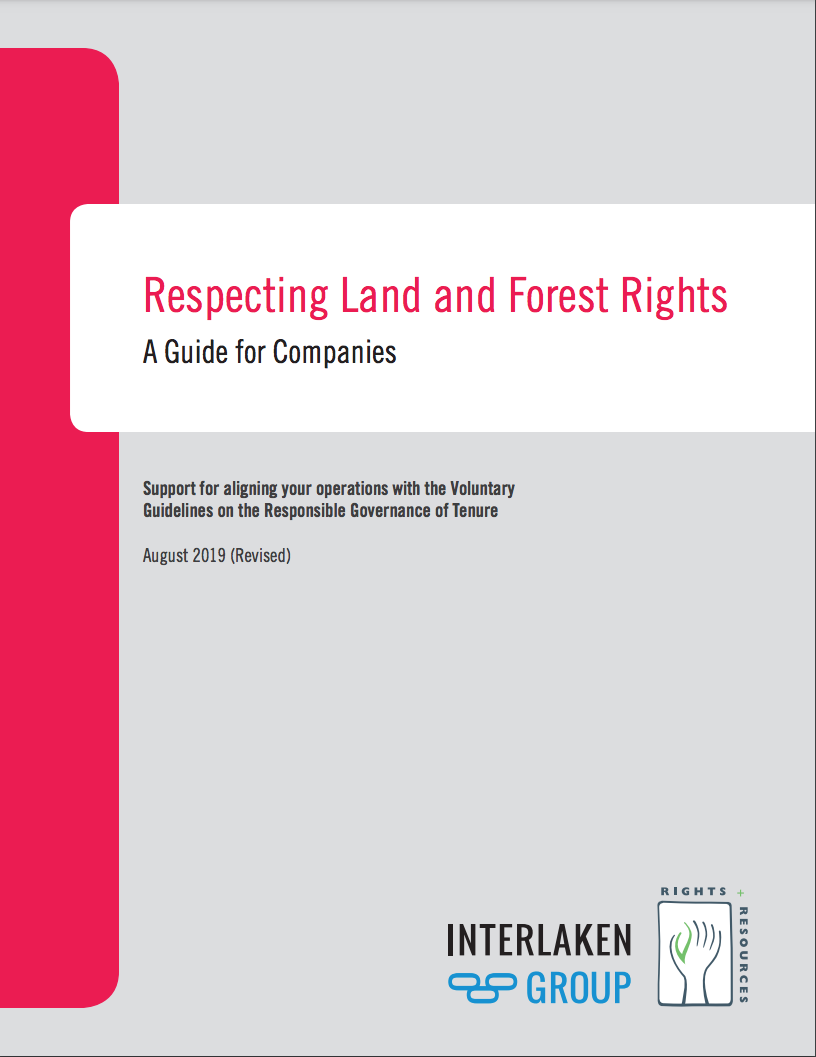Location
The Interlaken Group is an informal network of individual leaders from influential companies, investors, CSOs, government and international organizations. The purpose of the Group is to expand and leverage private sector action to secure community land rights. Together they develop, adopt and disseminate new tools and advance new “pre-competitive” mechanisms to accelerate private sector learning on responsible land rights practices.
Co-chaired by Andy White of RRI and Mark Constantine of the IFC, the Interlaken Group first came together at the 2013 International Conference sponsored by RRI, Helvetas, Oxfam, and IUCN on Scaling-Up Strategies to Secure Community Land and Resource Rights. They have met regularly since. Members are committed to a "race to the top" for companies and their investors to support improved land governance and the land rights of rural people. Minutes are prepared for every meeting following Chatham House Rule and are made publically available.
The Interlaken Group is a self-selected group of strategic actors and is not representative of stakeholders. It complements existing public and representative fora by discussing contentious issues, and developing and encouraging solutions. The first collaborative product of the Interlaken Group is the Land and Forest Rights Guide for companies that have committed to the Voluntary Guidelines on the Responsible Governance of Tenure (VGGT). It provides a manageable presentation of the VGGT, along with steps to ensure that a company – both senior leadership and operational teams in the field - acts consistently with highest international standards. This Guide complements others developed for the VGGT, but is unique in that it was produced with the collaboration of, and for, the private sector.
Members:
Resources
Displaying 6 - 10 of 15Case Study: Phata Cooperative
Recognizing the extensive literature available on outgrower cooperative farming, this case study seeks to add to this literature by providing in-depth learnings and guidance on good practices for structuring commercial, cooperative outgrower schemes in Malawi and potentially elsewhere.
Emerging Corporate and Investor Practice to Support Community Land Rights. Case Studies from Malawi, Mozambique, and Malaysia
This report aims to illustrate how selected companies in Malawi, Mozambique and Malaysia are implementing commitments to international best practices on land rights. The companies referenced in this paper are in the process of developing and improving ways to address land tenure rights, and for this reason, the cases ought to be viewed as examples of emerging company experiences, which can contribute to establishing best practices.
Respecting Land and Forest Rights: A Guide for Companies
This Guide provides an entry point to understanding and implementing the principles of responsible governance of land tenure set out in the VGGT for companies involved in land-based investment. It provides a more manageable presentation of the VGGT, along with steps to ensure that a company acts consistently with them and includes thorough due diligence on the tenure rights of project-affected communities.
Interactive VGGT Guide
Interactive guide to the VGGT
VGGT: Tenure considerations
Tenure cuts across many economic and social issues. Here we present a few of the key considerations that a company should internalize in order to act consistently with the intent of the VGGT.




